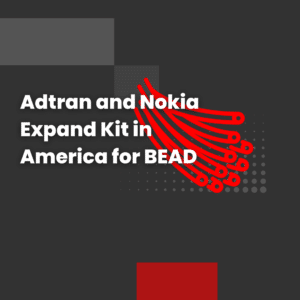Across 19 EU countries, a trial named ‘Potential’ is being carried out. If gone right, Potential will have alot of, well, potential. The field test will see smartphone-based digital identity wallets used for things such as opening bank accounts, applying for digital driving licenses and more. There are already tests for online citizen services requiring e-signatures taking place.
The trial’s nature leads it into the governing of the Electronic Identification, Authentication and Trust Services (eIDAS). The regulations for eIDAS are relatively new, only 2 weeks old, making this a test for them too. The aim is to harmonise the technical framework behind know-your-customer checks, allowing for people at home or abroad to use digital IDs instead of a physical one.
Commission President Ursula von der Leyen had this to say on the matter: ”Everytime a Website asks us to create a new digital identity or conveniently log in via a large platform, we actually have no idea what is happening with our data. This is why the Commission will soon propose a secure European digital identity. One that we trust, and that citizens everywhere can use.”
”Whether wallet, banking or mails- everyday, people go about their daily lives with their smartphone as a matter of course. It is therefore only logical to add another important facet to life in the digital cosmos with a smartphone-based digital identity.” said Valentina Daiber, chief legal and corporate affairs officer at Telefónica. ”Among other things, digital identities speed up interaction between public authorities and citizens, making the smartphone an even more important companion for everyday life.”
What does the public think of the trials?
One one hand, there is a point in keeping credentials in one, secure location. It’s much more reliable than storing them on dozens of online services, each with varying security levels. But at the same time, there’s a valid point over keeping citizens in control of their own data, and not surrendering it to one digital giant.
On the other hand, however, even with one single digital storage facility, it wont hold quite everything. Users will still most likely enter their name, address, contact and payment details with the shops and services they use. This means there will still be plenty to deal with; and sharing that information will still risk leaks.
As well as this, some citizens will no doubt be worried it could turn the EU into some online gatekeeper. By requiring companies to implement its digital ID scheme, it could enforce overbearing terms and conditions for its use. While large companies won’t find this too difficult, smaller or independent businesses might.
Then there’s the inevitable 1984 or Big Brother references, always brought to the forefront whenever an ID scheme is thought up.
It’s understandable. Especially considering the projects this is thought up alongside, such as central bank digital currencies (CBDC). These have the technical capacity to trace anybody’s financial transactions. This will undeniably leave people asking- what’s next?



